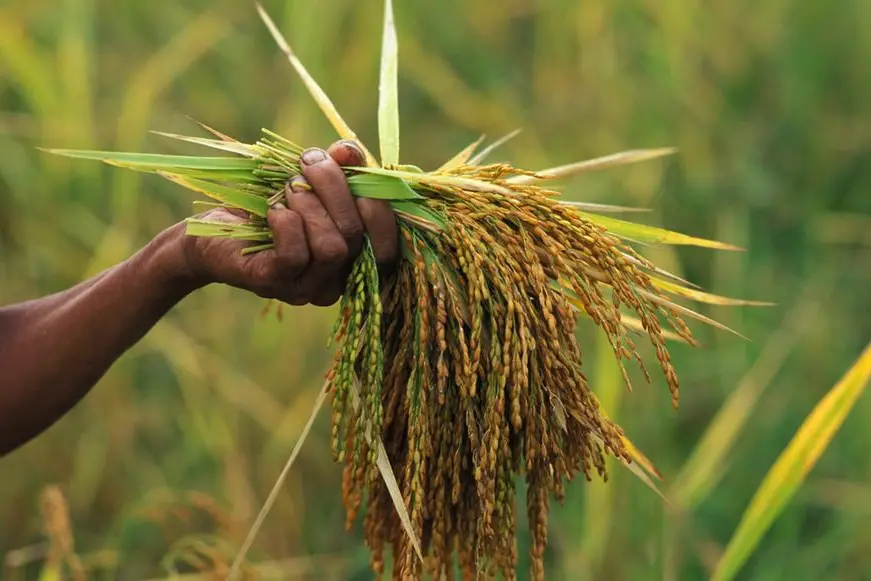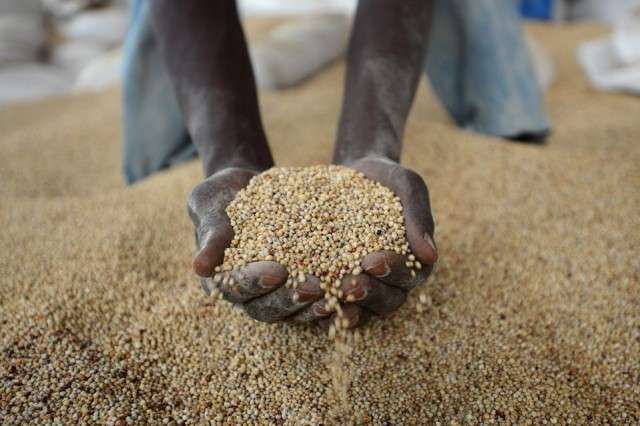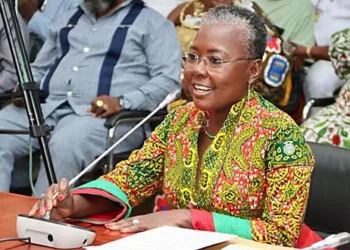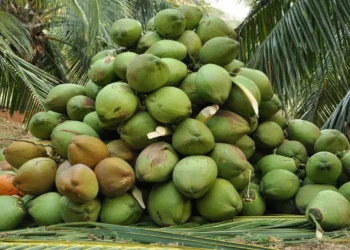The Peasant Farmers Association of Ghana has strongly opposed the government’s recent decision to ban the export of essential grains such as maize, rice, and soybeans. The association argues that this measure, intended to address food security concerns amidst a severe drought, will harm farmers and disrupt the agricultural market without effectively solving the underlying issues.
Bismark Owusu Nortey, the President of the Peasant Farmers Association, has been vocal in his criticism of the government’s approach. He emphasized that the exclusion of farmers from the decision-making process was a significant oversight that could have dire consequences for the agricultural sector.
“The first one has to do with the government’s resolve to ban the export of grains. I think that this particular approach – is an approach that was not inclusive.
“They did not take on board the views, the concerns, and the possible challenges that this might have on farmers.”
Bismark Owusu Nortey, President of the Peasant Farmers Association
Mr. Nortey argued that farmers, who are at the forefront of agricultural production, should have been consulted before such a drastic measure was taken. He pointed out that the ban could lead to unintended consequences that would exacerbate the challenges farmers are already facing.
The export ban was announced by the Minister for Food and Agriculture, Bryan Acheampong, as a response to the ongoing drought that has significantly affected agricultural production in eight regions of the country.
The government believes that restricting grain exports will ensure sufficient food supplies within the country, preventing shortages and stabilizing prices in the domestic market.
However, this decision has been met with sharp criticism from the Peasant Farmers Association, which represents small-scale farmers across Ghana.
The association contended that the ban was implemented without proper consultation with the farmers, who are critical stakeholders in the agricultural sector.
Economic Impact on Farmers

One of the primary concerns raised by the Peasant Farmers Association is the economic impact the export ban will have on farmers. Mr. Nortey warned that without access to international markets, farmers would be forced to sell their produce at lower prices within the local market.
This could lead to significant financial losses, especially for small-scale farmers who rely heavily on exporting their grains to sustain their livelihoods.
“If you are announcing a ban, the ideal thing is to put in place local measures that will insulate the farmers from any possible low prices,” Mr. Nortey suggested.
Mr. Nortey called on the government to consider implementing support mechanisms, such as price stabilization funds or subsidies, to protect farmers from the potential fallout of the export ban.
The Peasant Farmers Association also expressed concerns about the broader implications of the export ban on the agricultural market. The association warned that the sudden restriction on exports could disrupt market dynamics, leading to oversupply in the local market and a subsequent drop in prices.
In addition to the economic challenges, Mr. Nortey highlighted the logistical difficulties that farmers might face in storing their produce. Without the ability to export, farmers could struggle with the limited storage infrastructure available in the country, leading to spoilage and waste of perishable grains like maize and rice.
While the government’s decision to impose the export ban was driven by concerns over food security, the Peasant Farmers Association argued that the measure does not address the root causes of the challenges facing the agricultural sector.
Mr. Nortey pointed out that the current drought and its impact on crop yields are symptoms of broader issues, such as climate change, inadequate infrastructure, and insufficient support for farmers.
“The export ban is a short-term solution that does not tackle the long-term challenges. We need a more comprehensive approach that includes investments in irrigation, climate-resilient farming techniques, and better access to markets for our farmers.”
Bismark Owusu Nortey, President of the Peasant Farmers Association
Mr. Nortey called for a more collaborative approach to decision-making in the agricultural sector, where the government, farmers, and other stakeholders work together to develop sustainable solutions that can ensure food security while also protecting the livelihoods of farmers.
READ ALSO: DKB Narrates How He Nearly Turned Down NDC Youth Manifesto Soiree Gig





















